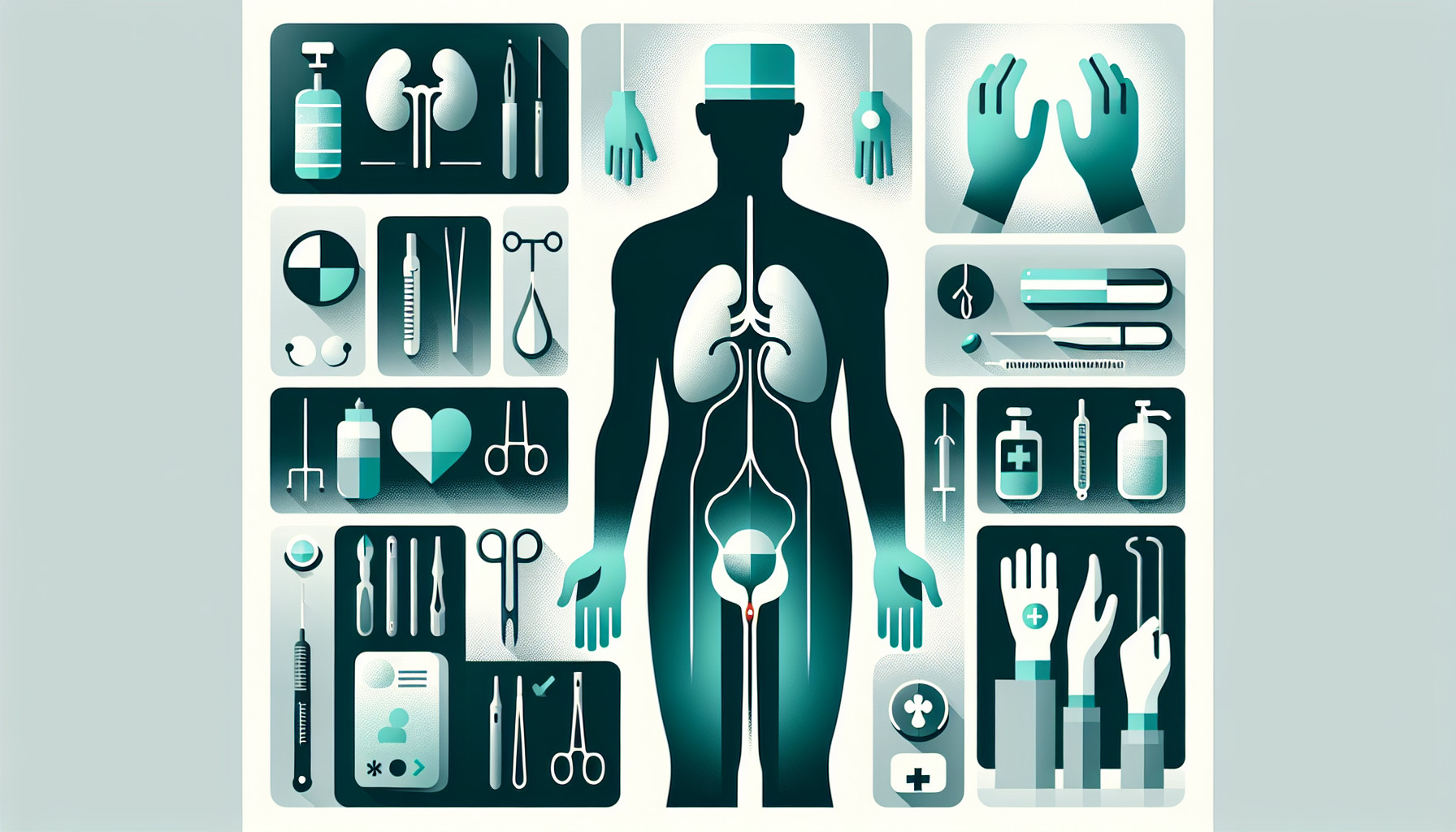Our Summary
This study looks at the length of hospital stay and readmission rates for two types of minimally invasive kidney surgeries performed at 12 urology practices in Michigan. The two types of surgeries are minimally invasive partial nephrectomy (MIPN) and minimally invasive radical nephrectomy (MIRN), both performed to treat small kidney tumors.
Despite MIPN being more complex and having higher complication rates, it’s considered an outpatient procedure by the Centers for Medicare & Medicaid Services, while MIRN is categorized as inpatient. The study collected data from May 2017 to February 2020 and found that the median hospital stay for both types of surgeries was two days.
Less than a third of patients had a hospital stay of one day or less, and there was no significant difference in hospital stay length between the two types of surgeries. The researchers suggest that given the complexity of MIPN, it would be more appropriate to classify it as an inpatient procedure like MIRN, as most patients undergoing this surgery require a hospital stay of two days or more.
FAQs
- What are the two types of minimally invasive kidney surgeries discussed in the study?
- What was the median hospital stay for both MIPN and MIRN surgeries?
- Why do researchers suggest that MIPN should be classified as an inpatient procedure?
Doctor’s Tip
One helpful tip a doctor might tell a patient about nephrectomy is to ensure they have a plan in place for post-operative care and recovery. This may include arranging for help at home, following all post-operative instructions from the medical team, and attending any follow-up appointments as recommended. Proper care and attention during the recovery period can help ensure a successful outcome after nephrectomy.
Suitable For
Patients who are typically recommended for nephrectomy include those with kidney tumors, kidney cancer, kidney cysts, kidney stones, kidney infections, and other kidney diseases or conditions that cannot be treated with other less invasive methods. Additionally, patients with severe kidney damage or failure may also be recommended for nephrectomy.
Timeline
Before nephrectomy:
- Consultation with a urologist to discuss the need for nephrectomy and potential risks and benefits.
- Pre-operative testing and evaluations to ensure the patient is healthy enough for surgery.
- Admission to the hospital on the day of surgery.
- Anesthesia administration before the surgery begins.
After nephrectomy:
- Recovery in the hospital for a few days post-surgery.
- Monitoring for any complications or side effects.
- Pain management and assistance with mobility as needed.
- Discharge from the hospital once the patient is stable and able to care for themselves at home.
- Follow-up appointments with the urologist to monitor recovery and discuss any ongoing symptoms or concerns.
What to Ask Your Doctor
- What is the purpose of the nephrectomy procedure?
- What are the potential risks and complications associated with the surgery?
- What is the expected recovery time and post-operative care required?
- How will my pain be managed after the surgery?
- Will I need any additional treatments or follow-up appointments after the surgery?
- How experienced is the surgical team in performing nephrectomies?
- What are the success rates for this type of surgery in treating kidney tumors?
- Will I need any special accommodations or lifestyle changes after the surgery?
- Will I need any additional tests or imaging before the surgery?
- What are the alternatives to nephrectomy and why is it recommended in my case?
Reference
Authors: Johnson K, Lane BR, Weizer AZ, Herrel LA, Rogers CG, Qi J, Johnson AM, Seifman BD, Sarle RC; Michigan Urological Surgery Improvement Collaborative. Journal: Urol Oncol. 2021 Apr;39(4):239.e9-239.e16. doi: 10.1016/j.urolonc.2021.01.001. Epub 2021 Jan 21. PMID: 33485765
